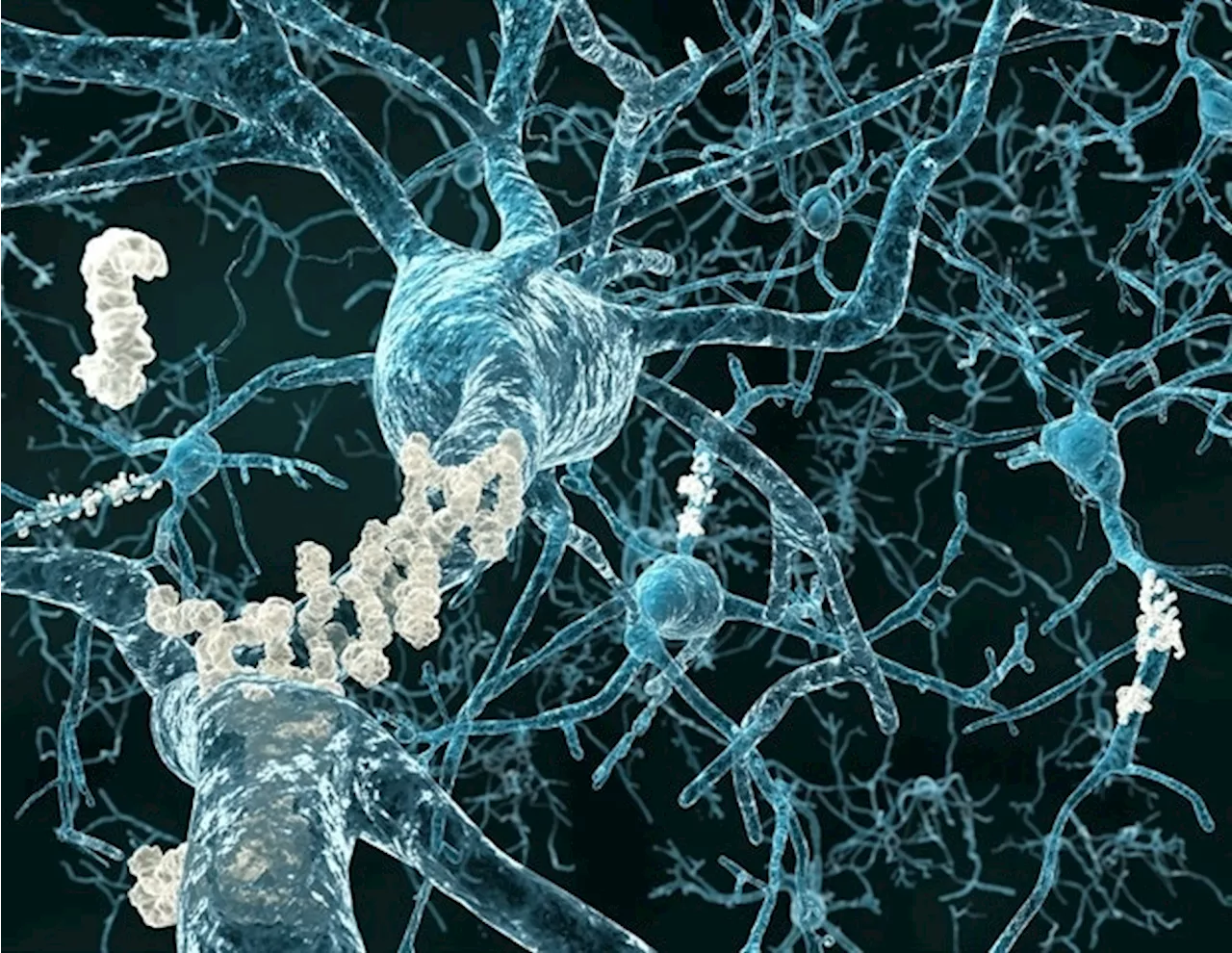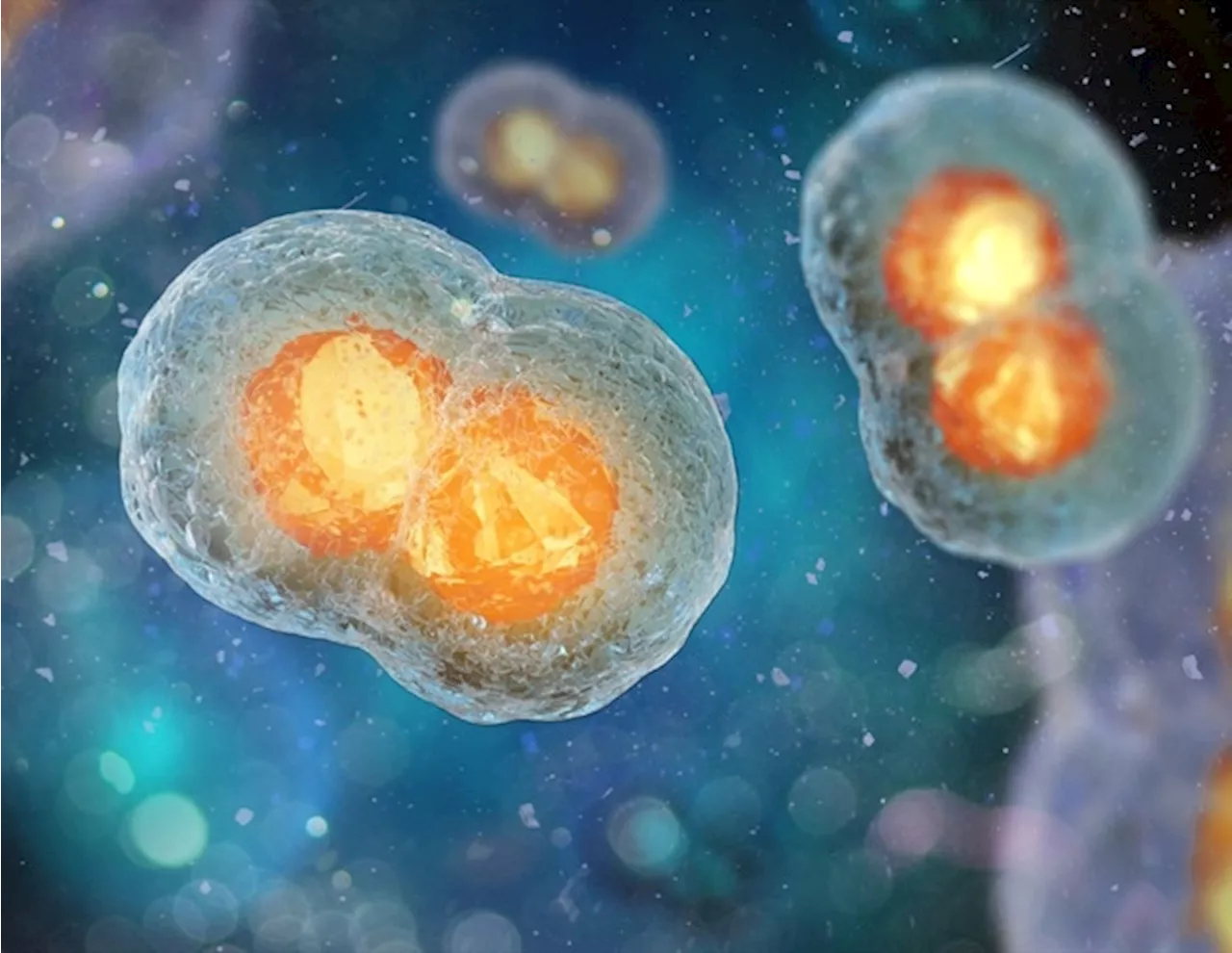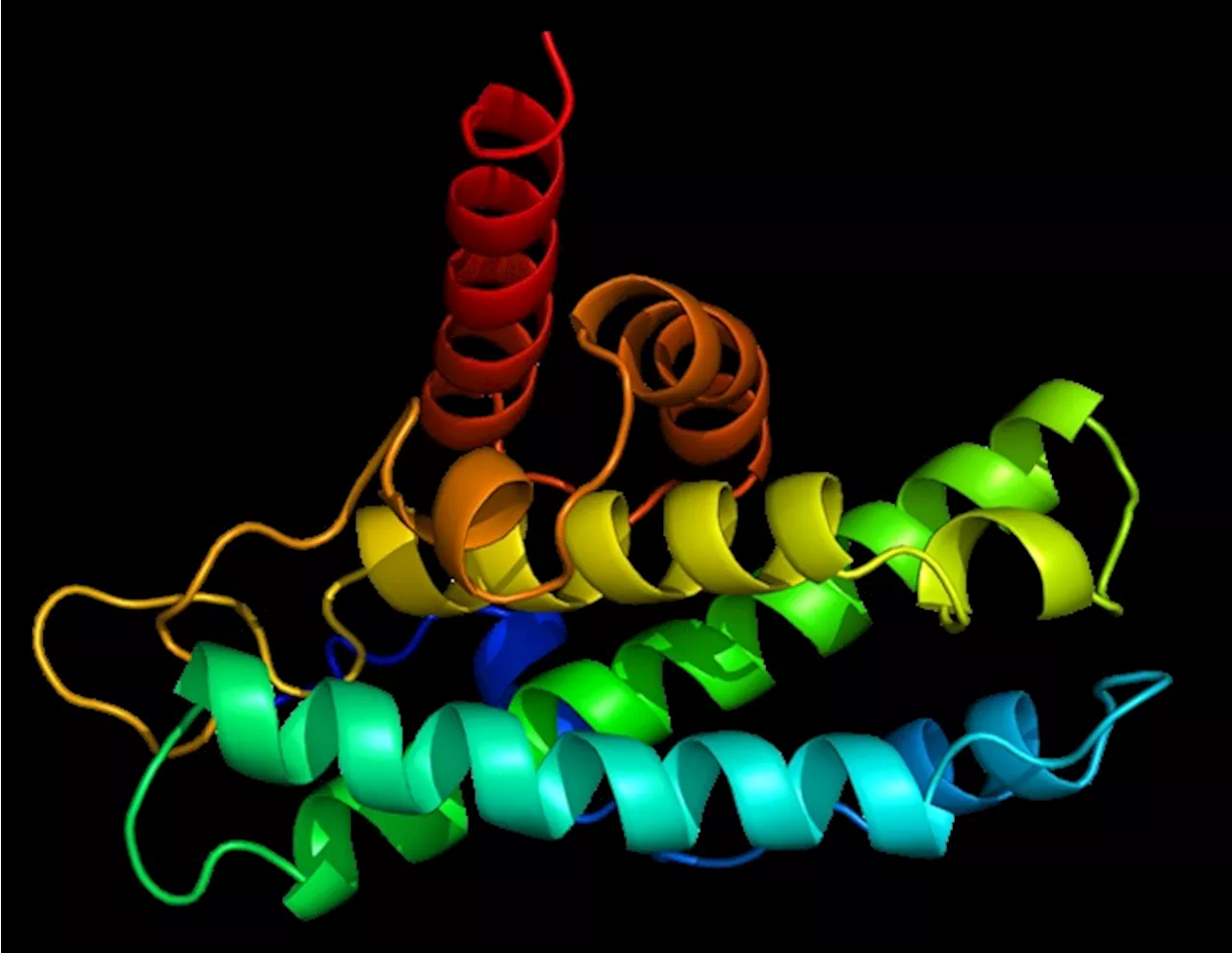A research team at the University of Cologne has made a significant breakthrough in understanding the role of the tau protein in Alzheimer's disease.
University of CologneFeb 28 2025 A research team at the University of Cologne has made a significant breakthrough in understanding the role of the tau protein in Alzheimer's disease. Using human induced pluripotent stem cells , the international team has been able to show that a specific form of the tau protein , known as the 1N4R isoform, is responsible for mediating the toxic effects of protein clumps in human brain cells.
The study was published in the Alzheimer's & Dementia journal under the title "The TAU isoform 1N4R confers vulnerability of MAPT knockout human iPSC-derived neurons to amyloid beta and phosphorylated TAU-induced neuronal dysfunction". It was led by Dr Hans Zempel from the Institute of Human Genetics, who is also a group leader in the Career Advancement Program at the Center for Molecular Medicine Cologne of the University of Cologne and University Hospital Cologne.
If a person suffers from Alzheimer's disease, certain proteins accumulate in brain cells, forming clumps that restrict normal cell function or even cause the cell to die. Dr Buchholz and Dr Zempel's team have used state-of-the-art techniques such as CRISPR/Cas9 gene editing and live-cell imaging in human induced pluripotent stem cells to demonstrate that the 1N4R tau isoform is responsible for the pathological effects on the cell.
Related StoriesThe researchers tested different forms of the tau protein by expressing them specifically in nerve cells. In this way, the researchers were able to analyse how each protein isoform affects the cell. According to Dr. Sarah Buchholz, first author of the study, "this study represents a significant advance in helping us to understand the mechanisms of Alzheimer's disease.
Alzheimer's Disease Brain Cell Dementia Induced Pluripotent Stem Cells Knockout Neurons Research Stem Cells Tau Protein
United Kingdom Latest News, United Kingdom Headlines
Similar News:You can also read news stories similar to this one that we have collected from other news sources.
 ASU researchers propose a unifying explanation for molecular chaos driving Alzheimer's diseaseIn a groundbreaking theory, scientists at Arizona State University's Biodesign Institute propose a unifying explanation for the molecular chaos driving Alzheimer's disease.
ASU researchers propose a unifying explanation for molecular chaos driving Alzheimer's diseaseIn a groundbreaking theory, scientists at Arizona State University's Biodesign Institute propose a unifying explanation for the molecular chaos driving Alzheimer's disease.
Read more »
 Researchers highlight limited use of valuable screening tools for Alzheimer’s and other dementiasDespite the potential benefits of early detection and increasing treatment options for Alzheimer’s disease and related dementias, there is limited use of valuable screening and testing tools, say researchers at the University of Michigan.
Researchers highlight limited use of valuable screening tools for Alzheimer’s and other dementiasDespite the potential benefits of early detection and increasing treatment options for Alzheimer’s disease and related dementias, there is limited use of valuable screening and testing tools, say researchers at the University of Michigan.
Read more »
 University of Liège Researchers Discover New Mechanism Regulating Immune Response to ParasitesResearchers at the University of Liège have uncovered a previously unknown mechanism that regulates the immune response against parasites. During a parasitic infection, specific immune cells, known as virtual memory T cells (TVM), become activated and express a surface molecule called CD22, which prevents an excessive immune reaction. This discovery could help in better-controlling inflammation and improving immune responses to infections.
University of Liège Researchers Discover New Mechanism Regulating Immune Response to ParasitesResearchers at the University of Liège have uncovered a previously unknown mechanism that regulates the immune response against parasites. During a parasitic infection, specific immune cells, known as virtual memory T cells (TVM), become activated and express a surface molecule called CD22, which prevents an excessive immune reaction. This discovery could help in better-controlling inflammation and improving immune responses to infections.
Read more »
 University of Delaware Researchers Uncover Genetic Links to ObesityA new study from the University of Delaware explores the genetic factors contributing to obesity, a growing health concern affecting millions of Americans. By examining gene expression in adipose tissue of animal models, researchers identified key differences between subcutaneous and visceral fat, highlighting the potential for targeted interventions to mitigate obesity-related health risks.
University of Delaware Researchers Uncover Genetic Links to ObesityA new study from the University of Delaware explores the genetic factors contributing to obesity, a growing health concern affecting millions of Americans. By examining gene expression in adipose tissue of animal models, researchers identified key differences between subcutaneous and visceral fat, highlighting the potential for targeted interventions to mitigate obesity-related health risks.
Read more »
 Osaka University Researchers Develop New Technique to Understand Treg Function in Immune SystemA team at Osaka University has developed a novel method called scSPOT that allows scientists to study the complex interactions between regulatory T cells (Tregs) and other immune cells. This breakthrough could lead to the development of new treatments for cancer and other diseases.
Osaka University Researchers Develop New Technique to Understand Treg Function in Immune SystemA team at Osaka University has developed a novel method called scSPOT that allows scientists to study the complex interactions between regulatory T cells (Tregs) and other immune cells. This breakthrough could lead to the development of new treatments for cancer and other diseases.
Read more »
 Osaka University Researchers Develop Groundbreaking Technique to Unravel Immune System SecretsA novel technique called scSPOT allows scientists to simultaneously observe the effects of Tregs on all other immune cells, providing unprecedented insights into immune system function and disease.
Osaka University Researchers Develop Groundbreaking Technique to Unravel Immune System SecretsA novel technique called scSPOT allows scientists to simultaneously observe the effects of Tregs on all other immune cells, providing unprecedented insights into immune system function and disease.
Read more »
